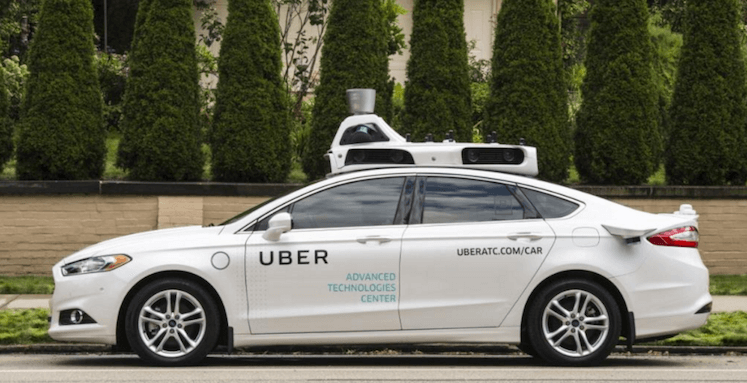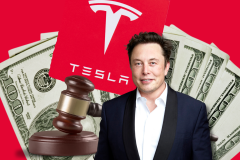In the near future, consumers might not choose a car based on its model or brand, but on the software and services connected to it, according to a new report from Lux Research.
The report comes one week after Uber debuted its self-driving fleet in San Francisco, providing customers that can’t afford Tesla’s with their first taste of autonomous driving.
See Also: Uber told to pull over self-driving fleet by California’s DMV
“The company is not offering ‘self-driving Fords’ or ‘self-driving Volvos’, even though that is, technically, what the vehicles are,” said Mark Bünger, VP of Research at Lux.
“The fact that ‘Uber’ is now the brand being pushed and that consumers are aware of—not the vehicle make—portends exactly the kind of industry disruption that carmakers have been fearing since Google first announced their autonomous vehicle program.”
That fear is the automaker losing brand prominence to the software or service, as has become the case in the PC and mobile world. Most customers want a Windows PC or an Android smartphone; the manufacturer is secondary to the software.
Brands will still rule, just not necessarily carmakers
Brand names can be incredibly powerful at locking down a market. Most people ‘Google’ rather than search and more people are booking an ‘Uber’ instead of a taxi.
Automakers are trying to avoid this fate by working on their own self-driving systems, though some are having trouble making the same forward progress in visual recognition, artificial intelligence and big data handling that comes naturally to Google, Tesla, and Uber.
That has forced automakers to make big moves, like General Motors acquisition of Cruise Automation for $600 million, Ford’s huge investment into self-driving research and development, and BMW’s collaboration with Intel and Mobileye.
Automakers are likely to launch their own self-driving shuttle and taxi services in the near future, supplying cities with thousands of their own cars. As I’ve said in a previous article, automakers may soon shut Uber and Lyft out, forcing the ride-hailing services to enter into lacklustre partnerships or build their own vehicles.










